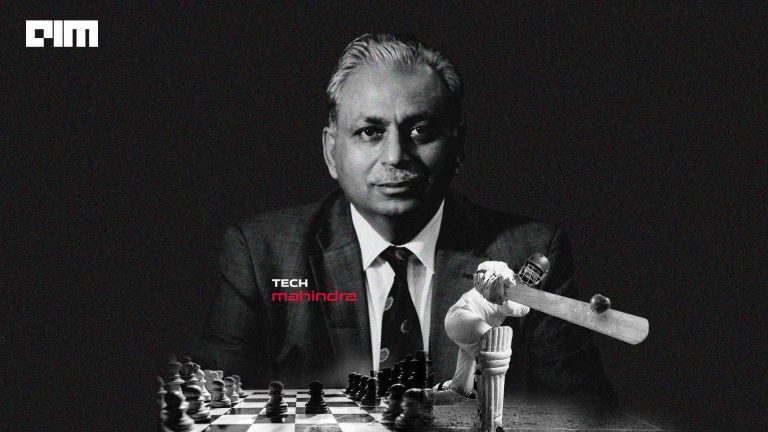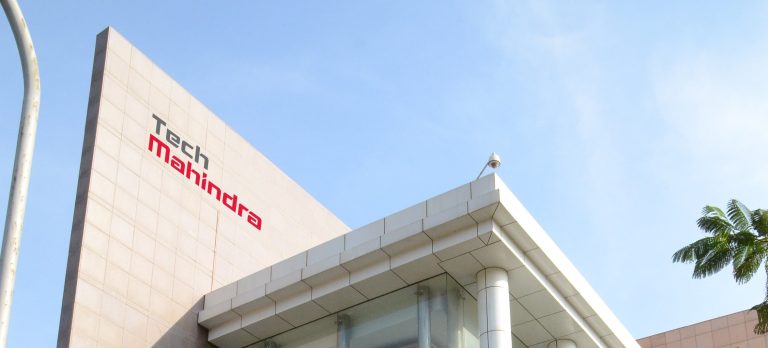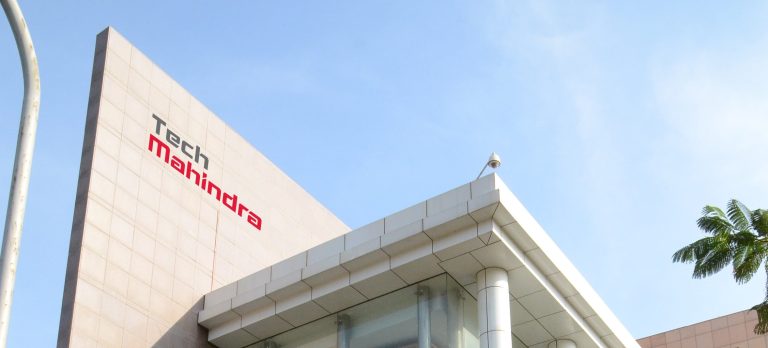After celebrating the milestone of building Tech Mahindra for 19 years, the company’s former CEO, CP Gurnani, decided to set sail on a separate journey. Though not far from his techno-optimist belief.
Just a few months after his farewell from Tech Mahindra, he announced the launch of AIonOS, a business venture in partnership with InterGlobe Enterprises’ Rahul Bhatia.
This takes us back to Sam Altman’s visit to India. When the OpenAI chief claimed that India could not build a model comparable to ChatGPT, Gurnani said, “Challenge accepted.”
“Now that we have taken the challenge, we will deliver, and we will brainstorm,” Gurnani told Nikhil Malhotra, his erstwhile chief innovation officer at Tech Mahindra’s Project Indus. Speaking with AIM, Gurnani said, “I spoke to my chief innovation officer that time at Tech Mahindra… Six hours later, he says, ‘I have a plan.’”
Just recently, Project Indus went live. Tech Mahindra was able to develop an Indian LLM for local languages and 37+ dialects in just five months, spending less than $5 million. “When ET covered the seven best AI companies that will have an Indian LLM, they covered Tata, NVIDIA, and Tech Mahindra,” he said.
“I have to thank the Tech Mahindra leadership team for delivering what I promised on my behalf. I also have to thank Sam Altman as he got me so interested in AI,” Gurnani added, explaining the origin of AIonOS. “I promise you, on my birthday, which is December 19, I will deliver at least a couple of elements,” he said about the launch of AIonOS.
AIonOS currently offers specialised AI products and technologies, including custom solutions, industry-specific products, data insight engines, and an AI-led customer experience.
“I can only say there is no human being, including you, who is not working on generative AI. The reality is that you probably framed these questions by asking generative AI,” Gurnani quipped.
Highlighting the potential of generative AI, he noted, “Whether you are a creative person, a student, a politician, or a journalist, you can take help from generative AI. It’s just a matter of time before it becomes part of your life.”
The Future is About Agent AI
One thing that Gurnani is completely convinced about is that the future of AI is in Agent AI.
“I’m actually more convinced that the faster adoption will be in Agent AI. Each one of us will have an AI agent that knows us so well, it will analyse our business and our routines, and support us in becoming more productive and efficient,” he explained. He even envisages a future where AI agents take over meetings, although he personally hopes he can continue enjoying face-to-face interactions.
India is Good with Innovation
Regardless of the fact that it has been noted that India merely copies innovation from the West, Gurnani expressed optimism about the AI startup ecosystem in India. He recognised their role in addressing market gaps, as startups like Krutrim and Sarvam AI do. “All startups have very good intent. They represent the gaps in the market offerings,” he said.
He categorised startups into three types: those improving existing processes, those creating new marketplaces, and those working on deep tech innovations.
He shared an example of deep tech innovation in India, mentioning the success stories of ISRO. “NASA used to spend billions of dollars on space missions. ISRO costs around $300-400 million. It’s because there was a leader willing to challenge the status quo,” Gurnani stated, underscoring the importance of leadership and innovation over mere funding.
Gurnani highlighted the significant work happening at various research centres and institutions in India, like IIT Madras. He praised the efforts of individuals like Ashok Jhunjhunwala at IIT Madras, who, despite limited funds, are driving groundbreaking innovations. “There is a space launch pad, EV charging stations, vertical takeoff drones—all designed and built in India,” he pointed out.
He also named IISc’s Centre for Brain Research, funded by Kris Gopalakrishnan, which is making strides in understanding diseases like Parkinson’s and Alzheimer’s. “The amount of work happening on a paltry sum of about Rs 30 crores a year is astounding,” Gurnani said, emphasising the importance of frugal innovation in India.
Stay Relevant
Gurnani remained positive, stating, “I am here to help fix the issues. Nothing annoys me.” He also expressed scepticism about AGI, calling it a “counter-intuitive” term and questioning its practicality. “Either you are artificial, or you have no idea,” he asserted.
Regarding the debate on work hours, Gurnani supported the idea of working hard but balanced it with self-development. “Narayan Murthy is a respected leader. The trolling he faced for suggesting a 70-hour work week was unnecessary. I believe in working 40 hours for your job and 30 hours for yourself,” he advised.
In conclusion, Gurnani’s message to the youth was clear: “Stay relevant. The industry is changing very fast. Do not assume that your degree is sufficient to keep you employed or successful. Stay up to date with the fundamentals and keep adapting to the changes.”































